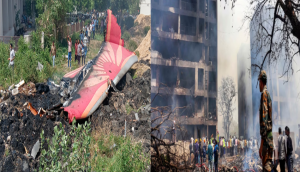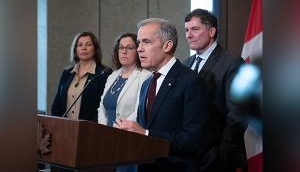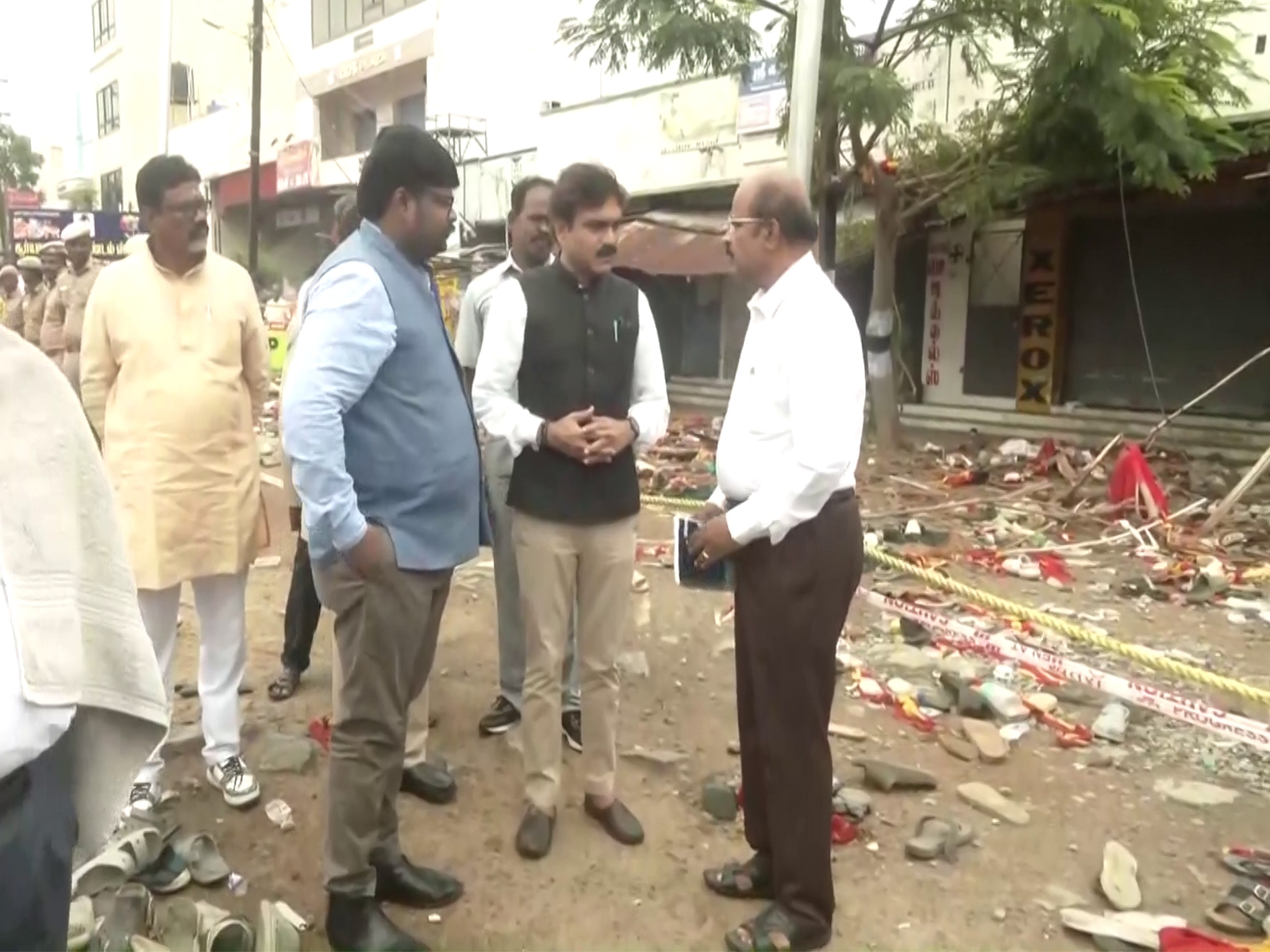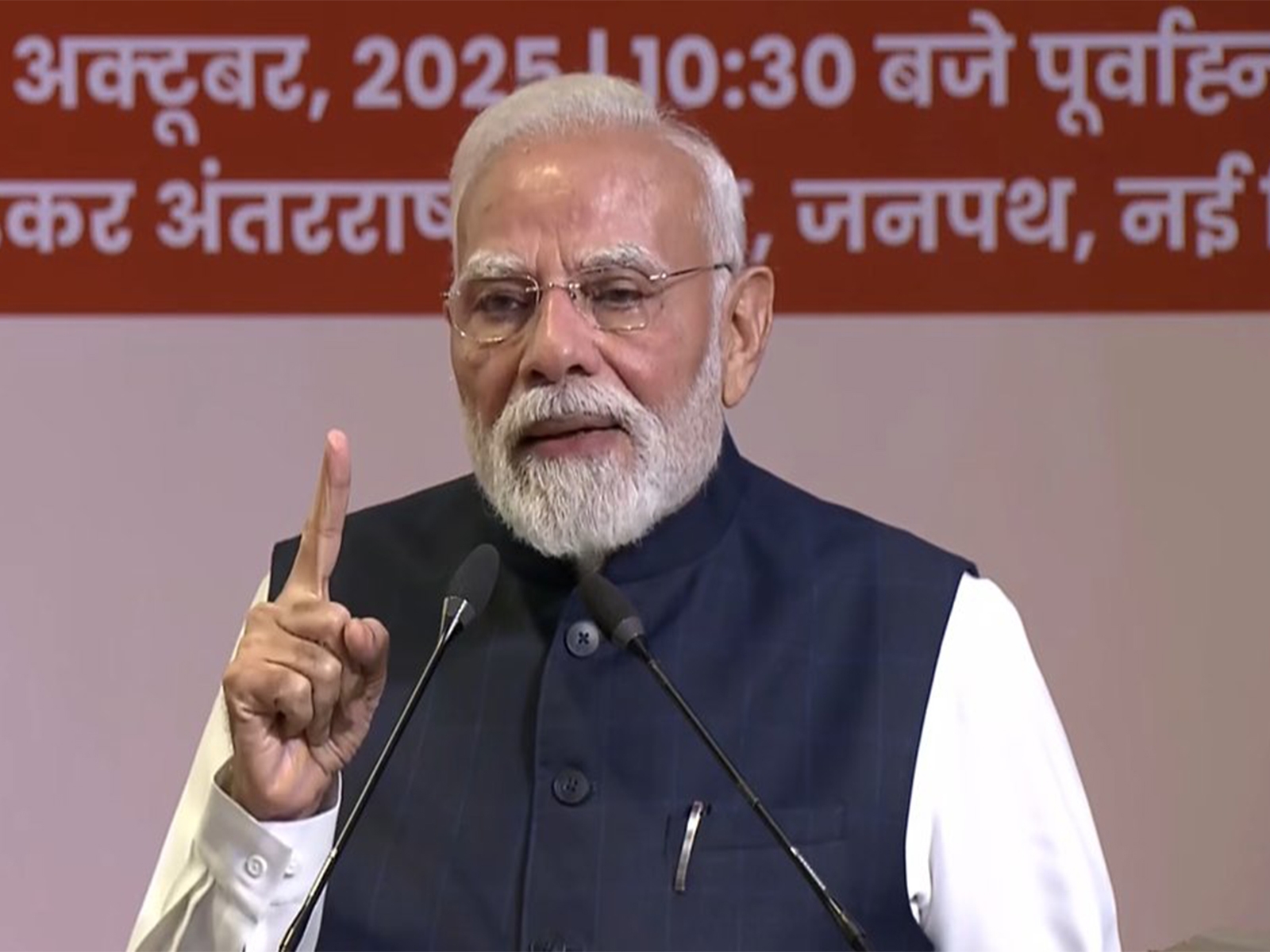
Today is the 70th anniversary of Hiroshima atomic bombing in which more than 1,40,000 people perished. Clifton Truman Daniel, grandson of the then president of US Harry Truman recalled how he has gradually become an advocate of the nuclear-free world.
A report in Russia Today states that Clifton learnt about the bombings and wartime only from his history books and did not feel any personal connection with the events of 20th century.
"The bombs were a great thing. They ended the war. They saved hundreds thousands of lives on both sides and that's what my grandfather said was his reason for the decision. To shorten the war and save American lives that would likely be lost in an invasion of the main islands. I went from thinking about it in that way to not thinking about it, as I say, it was history," he said.
The report says his attitude changed when his son shared the story of a bombing survivor Sadako Sasaki who was aged two years when the incident happened. Sasaki later suffered from radiation induced leukemia after nine years of the event. She died of the disease in 1955.
Danier was the first member of Truman family who visited Japan to commemorate the victims in 2012. On that visit, he remembered, a Japanese journalist repeatedly asked him whether he will apologise for the bombings.
"I don't know that there'll ever be an apology. Maybe the two countries can find language that brings them together to say 'you know we acknowledge that serious hurt was done on both sides and we own that and going forward we pledge not to do something like that' but it doesn't feel at this point that there will ever be a flat out apology from the US to Japan or the other way around," he explained.
He also said that President Harry Truman's first concern at that time was to save the lives of thousands of Americans. Also, he acknowledged the fact that there were two different opinions about the necessity to use a nuclear weapon.
"I think that Americans can still look at the decision and they can still say it was done for the right reasons, they can also say look what it cost. They can have empathy. It doesn't take anything away", he added.







![BJP's Kapil Mishra recreates Shankar Mahadevan’s ‘Breathless’ song to highlight Delhi pollution [WATCH] BJP's Kapil Mishra recreates Shankar Mahadevan’s ‘Breathless’ song to highlight Delhi pollution [WATCH]](https://images.catchnews.com/upload/2022/11/03/kapil-mishra_240884_300x172.png)

![Anupam Kher shares pictures of his toned body on 67th birthday [MUST SEE] Anupam Kher shares pictures of his toned body on 67th birthday [MUST SEE]](https://images.catchnews.com/upload/2022/03/07/Anupam_kher_231145_300x172.jpg)






